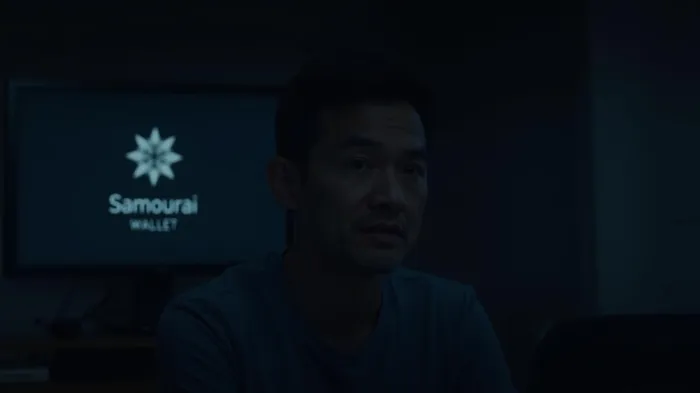Samourai Wallet Accuses Prosecutors of Concealing FinCEN Advice
Samourai Wallet’s legal team has accused federal prosecutors of concealing advice from the US Treasury Department’s Financial Crimes Enforcement Network (FinCEN) that indicated the crypto mixing service did not require a license. This revelationREVB-- comes as part of a broader legal battle involving the firm’s co-founders, Keonne Rodriguez and William Hill, who were charged with operating an unlicensed money transmitting business and money laundering conspiracy.
The allegations were detailed in a May 5 letter to a Manhattan federal court, where Samourai’s lawyers claimed that FinCEN representatives had informed them six months prior to the charges that the Samourai Wallet app would not qualify as a ‘Money Services Business’ under FinCEN’s guidance. Despite this advice, prosecutors proceeded to charge Rodriguez and Hill with operating such a business without the necessary license.
The letter further asserted that prosecutors were obligated to disclose their discussions with FinCEN within two weeks of unsealing the charges, which would have been by May 8, 2024. However, this information was allegedly suppressed for over a year, only being disclosed on April 1, 2025. This delay, according to Samourai’s lawyers, constitutes a significant breach of procedural fairness and transparency.
Rodriguez and Hill were initially charged in February 2024, with the charges being unsealed and the pair arrested in April of the same year. The government’s case against Samourai’s mixing service alleges that the platform facilitated over $2 billion in illegal transactions and over $100 million in money laundering activities from online black markets and scammers. Both Rodriguez and Hill have pleaded not guilty to the charges.
In the letter, Samourai’s lawyers provided details of a call between prosecutors and Kevin O’Connor, chief of FinCEN’s Virtual Assets and Emerging Technology Section, and Lorena Valente, a staffer from the Policy Division. According to an email summarizing the call, FinCEN indicated that because Samourai does not take custody of the cryptocurrency by possessing the private keys to any addresses where the cryptocurrency is stored, it would strongly suggest that Samourai is not acting as a money services business.
Samourai’s legal team has requested a hearing to determine the circumstances surrounding the government’s late disclosure and to seek an appropriate remedy. They have also indicated that they will renew their bid to dismiss the charges, arguing that Rodriguez and Hill lacked fair notice and understood they were acting lawfully based on FinCEN’s guidance.
This development comes as both prosecutors and Samourai’s legal team have asked the court for more time to consider potentially dismissing the case. This request follows a memo from Deputy Attorney General Todd Blanche, which stated that the Justice Department would not prosecute crypto mixers for “unwitting violations of regulations.” If the government chooses to resist this directive, Samourai’s lawyers have indicated they will argue that, under FinCEN’s guidance, Rodriguez and Hill could not be prosecuted for not having a license.

Quickly understand the history and background of various well-known coins
Latest Articles
Stay ahead of the market.
Get curated U.S. market news, insights and key dates delivered to your inbox.



Comments
No comments yet